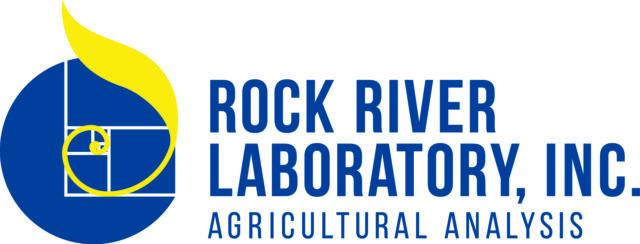As an elementary school student, the greatest threat of punishment for bad behavior was the paddle. At that time, corporal punishment was permissible in Florida, the home of much of my childhood. I never actually saw what a paddle looked like, and still to this day doubt whether one even existed.
Yet misbehaving classmates who returned from the principal’s office perpetuated the legend, saying they “Got paddled.” Perhaps it was their way of spinning their bad behavior from public shame into martyred fame.
The one time I was sent to the principal’s office I sat across from an empty chair for several hours until the principal busily returned from attending to other school business. I waited with anticipation, thinking the paddle may finally reveal itself.
Instead, he gave me a cursory interview and told me to return to class. I don’t even know that he called my parents. (Thus, this story may come as news to my dear mother who faithfully reads these columns, but whom I don’t believe I’ve ever told about the incident.)
In retrospect my childish misbehavior wouldn’t have warranted the fabled paddle any ways. But I remember leaving the principal’s office relieved to be off the hook, yet a bit disappointed that I couldn’t witness the reality of the big threat we six-year-olds all perceived existed.
This personal story seems relevant to the current news surrounding milk quality and somatic cell counts (SCC). Last issue we reported on how a request from the E.U. to accept only imported U.S. dairy products made from milk certified from farms with a three-month average SCC of 400,000 or less would be implemented by the USDA.
In this issue, we follow up on that story, asking co-ops how the new USDA program will impact the industry as a whole, as well as their individual milk quality programs. Click here to read more about these impacts in the Feb. 11, 2012, issue of Progressive Dairyman.
When the industry received first notice of the E.U.’s intent to ask for U.S. farms’ compliance with its milk quality standards, many were nervous. The E.U. is legendary for flexing its trading influence to get what it wants.
Some worried: What if U.S. farms weren’t in compliance? Would the E.U. cut off the U.S. from its marketplace? It seemed we might be in for a paddling.
But when we were eventually called into the office for further investigation, our milk quality situation was found no more egregious than other’s, even some within the E.U.’s own membership.
The USDA and industry trade groups deflected the worst from the E.U.’s threat. Milk quality exceptions, or derogations, will be granted to allow for some time to improve.
It is most likely that in the near future a producer who is trying to improve milk quality below 400,000 SCCs will not be faced with hefty increased shipping costs to segregate their milk or the immediate loss of their milk market – getting paddled.
So for the time being, the fabled threat from the E.U. to comply with a 400,000 SCC milk quality level that we thought would beat up the industry, it turns out is mostly myth.
And hopefully decades from now, like me recalling my visit to the principal’s office, we’ll smile to think we had so much consternation over a 400,000 SCC limit that was really achievable after all, and one we’ve all since moved beyond. PD

-
Walt Cooley
- Editor-in-chief
- Progressive Dairyman
- Email Walt Cooley





